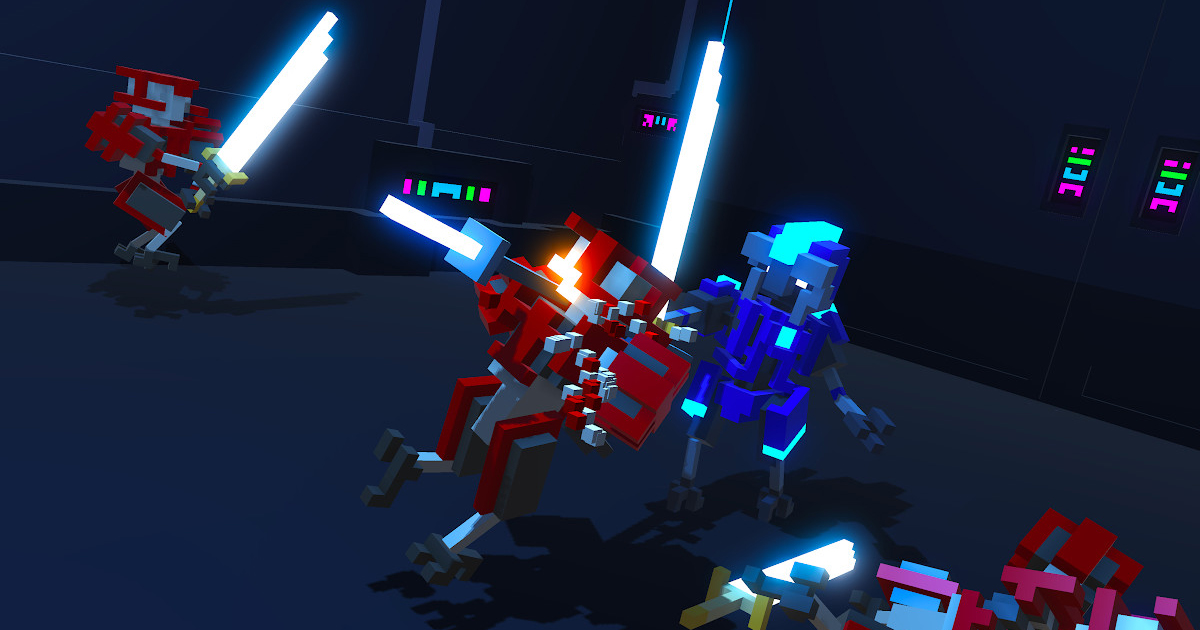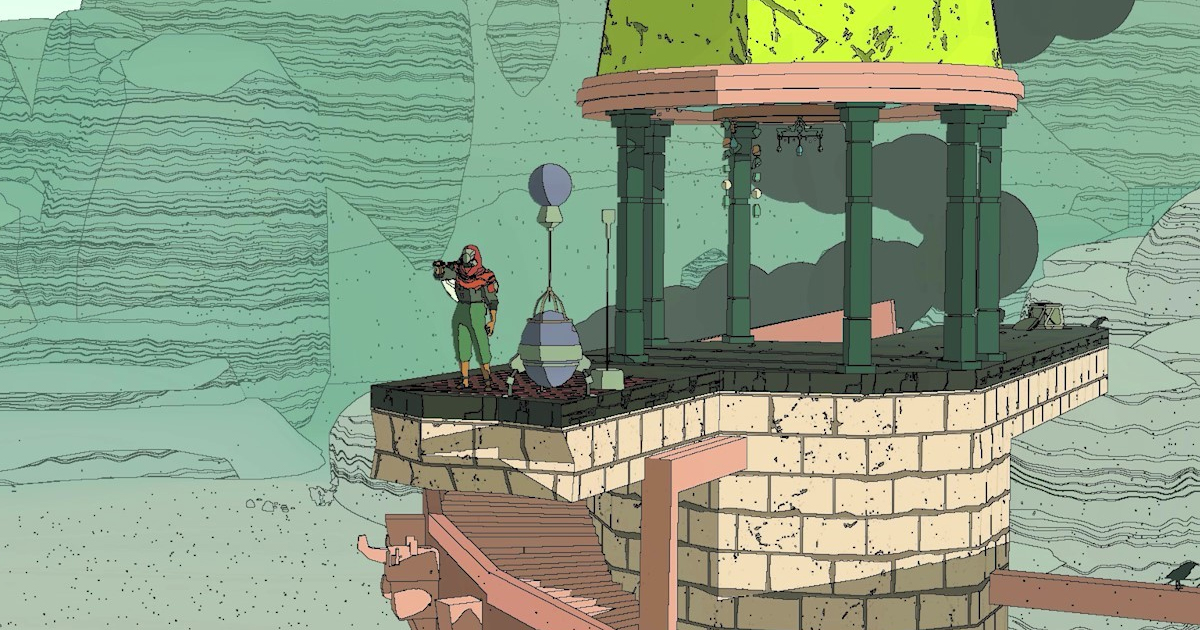Indie developers on the shortcomings of the Metacritic rating system: "We are losing many opportunities"
Several successful indie developers have expressed complaints about the Metacritic rating system. They face a paradox: their games are sold in hundreds of thousands or even millions of copies, but the specialized media often ignore such projects. Due to the lack of ratings, small studios eventually lose some financial and business opportunities.Clone Drone In The Danger Zone
Callum Underwood, director of the Robot Teddy agency, drew attention to the problem.
It helps indie developers to release their games, find funding, and also advises on other issues.
“I have a cognitive dissonance when working with a game that has 15 thousand very positive reviews on Steam and only two reviews from the press. Due to the fact that the game does not have a rating on Metacritic, we lose many opportunities,” Underwood said. As noted by gaming expert Simon Carless, Underwood meant Clone Drone In The Danger Zone by a game with 15 thousand reviews. This is an action game with voxel graphics developed by Doborog Games.Clone Drone profile on MetacriticThe director of Robot Teddy noted that he is very concerned about the huge impact of Metacritic on some business processes in the modern industry.
“I don’t know if this information is public or not, but it infuriates me that without an assessment on Metacritic, for example, it is impossible to arrange a sale on certain platforms,” Underwood said.
As an example, he also cited Among Us, with the developers of which he worked. Now the game has 500 thousand reviews on Steam, but there are only nine reviews from the profile press. At the same time, a year ago there were only three of them at all.
Underwood stressed that he does not blame the media themselves for the current situation. He only noted that it’s time for some industry representatives to stop relying on Metacritic when making certain business decisions and use it as a measure of the success of the game.
Other developers also shared their experiences in the comments to Underwood’s original tweet.
Wilhelm Nylund, game designer and CEO of indie studio Landfall Games, cited his main hit Totally Accurate Battle Simulator as an example. The game has over 70 thousand user reviews on Steam, 98% of which are positive. At the same time, the project still does not have a final score on Metacritic.
This is so much a thing for our games as well! Its suuper odd! pic.twitter.com/VqnUxR3JTe
— wilhelm nylund (@wilnyl) November 28, 2021
Her game Mørkredd was released on the same day as Cyberpunk 2077 and, of course, was ignored by most publications. As the CEO of the studio Are Sundnes noted, the rating on Metacritic was formed only a year later. By contrast, during the same time, the audience of Mørkredd reached almost a million players on all platforms, and the share of positive reviews on Steam reached 90%.
A year later we do have a metcritic ascore, but just barely! Close to a million players across platforms and 90% positive on Steam ????♂️ got some amazing awards though ???? pic.twitter.com/zZbDwCVhhL
— Are Sundnes ⚪️????
It would seem that developers could close their eyes to the problem. However, as Underwood said, numerical ratings on Metacritic still carry a lot of weight when making some deals or solving other issues.
According to Carless, the entire gaming Internet can be divided into two conditional bubbles:
- hardcore gamers who pay attention to Metacritic and want to understand whether it’s worth spending their $60 on games. Developers also look at the estimates, since the chance of receiving a cash bonus from the publisher may depend on them;players who don’t care about Metacritic — they love indie projects and small PC game services with regular updates (this also includes titles that record a lot of YouTube videos).
- This leads to all the main problems that are associated with the system formed around Metacritic.
Some critics refuse to write reviews of early access titles and game services, or ignore indie projects altogether. Also, some of the major publications like Eurogamer and Kotaku have basically abandoned the rating system.
Because of this, many indie games, including commercially successful projects, receive insufficient attention in the media field. There are rare exceptions like Sable, which has 45 reviews from specialized publications on Metacritic at once. However, most titles do not reach the coveted mark of four reviews and are either ignored by some market experts or are not taken seriously.
SableCarless notes that in practice, some platform holders take Metacritic ratings into account when planning advertising campaigns.
Some industry veterans may also simply not believe in the success of the title if it is not covered in the press. Therefore, ratings are still important for indie developers, even if in fact they do not affect the sales of their projects in any way.
“Perhaps it is worth creating an alternative unit of measurement for the success of the game. Or maybe everyone just needs to understand that in 2021 Metacritic reflects very poorly on the popularity of games or the level of pleasure that users get from them,” concluded Carless.


